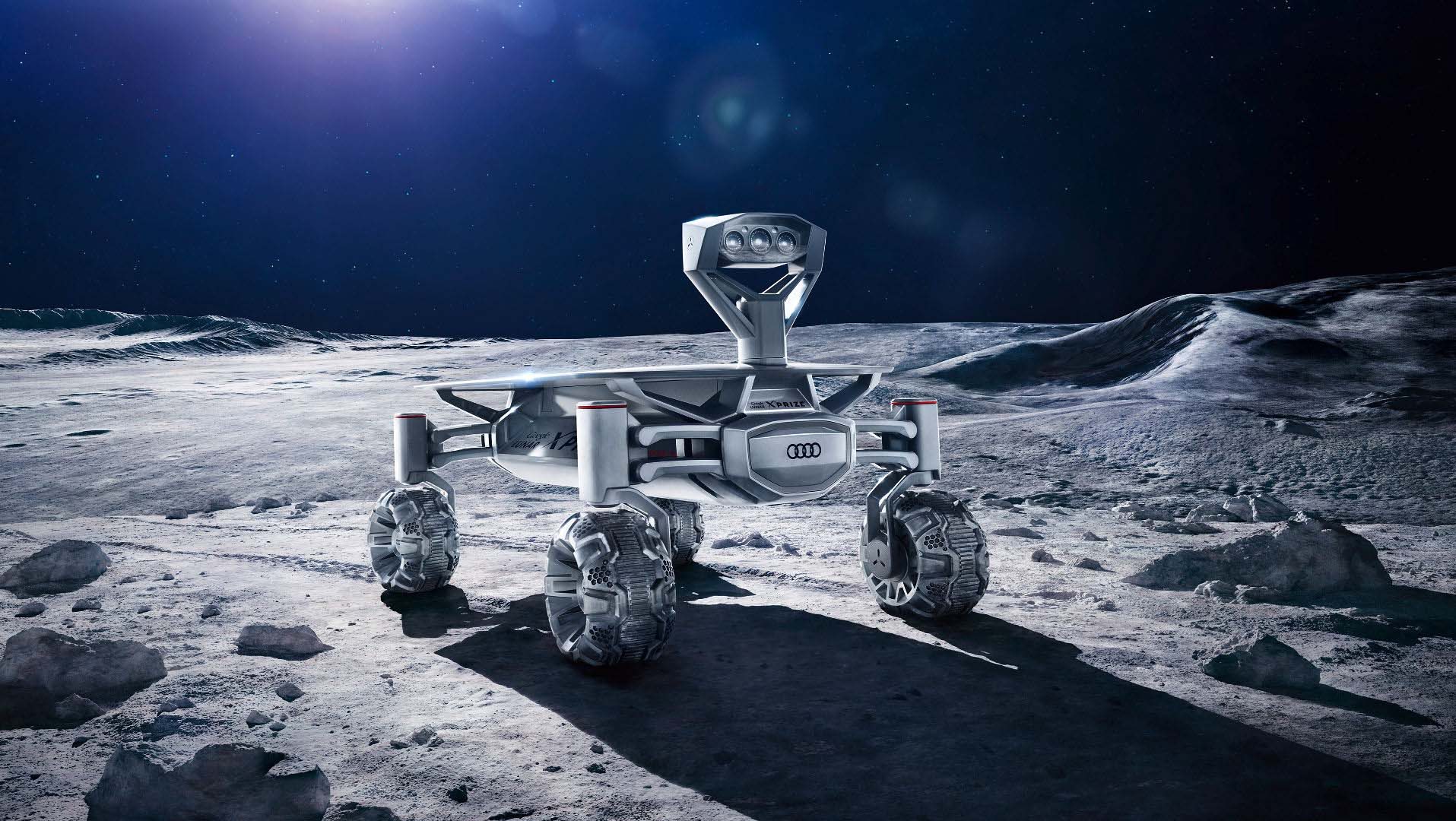
A team of scientists who hope to put the world’s first privately-funded rover on the moon will be in Qatar this week to test their device under grueling desert conditions.
Part Time (PT) Scientists will head to south Zekreet with their Audi Lunar Quattro this weekend and scope out different locations there.
Speaking to Doha News, PT Scientists CEO Robert Boehme said the team was scouting for a site that best resembles the “harsh environment of our target on the moon, the Taurus-Littrow Valley.”

He continued:
“Within our research we have found the Zekreet desert to be a very likely candidate for our test program because of the well-balanced mixture of smaller rocks, loose sand and steep slopes while still maintaining a good reachability.”
While in the desert, the group will test whether the rover can deal “with the sand and dust of the terrain and prove whether the passive thermal management will work as expected,” PT Scientists said in a statement.
Previously, the device has passed muster on glaciers in Austria, volcanos in Crete, mountains in New Zealand, in the remote Australian Outback and within the laboratories of NASA.
Google competition
PT Scientists has been working on their lunar project for eight years.
They are competing to win the Google Lunar X Prize, which aims to boost exploration by giving private space ventures a total of $30 million in funding.
The first group to get their rover to travel 500m on the moon and send high-resolution video, still images and other data back home wins $20 million.
The runner-up gets $5 million, according to the contest rules.
Google will award additional bonus funds of varying amounts for other tasks, including additional scientific and technical achievements or sending back images of artifacts like lunar landers from the Apollo program.
According to the National, PT Scientist’s rover is made mostly of aluminum, weighs 35kg and can reach speeds of up to 3.6km an hour.
The report added that the team is in the final stage of testing and hopes to start making the 380,000km journey to the moon in November 2017.
Thoughts?







